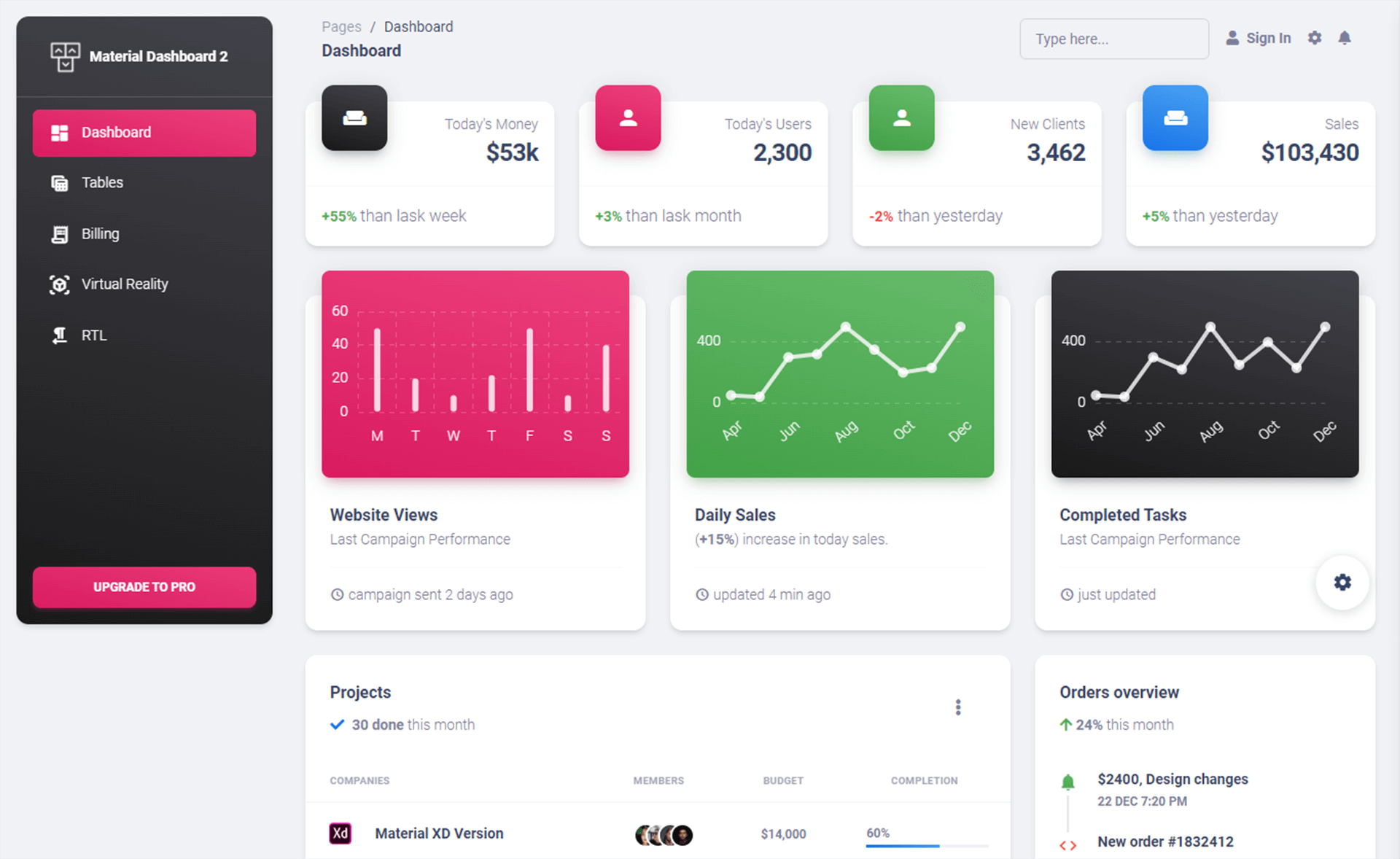Understanding Select and SelectMany in C#
By Tan Lee Published on Jan 15, 2025 447
They are used to extract or flatten data from a collection, but they behave differently depending on the kind of transformation you're performing.
Select Method
The Select method in LINQ is used to project each element of a sequence into a new form. It allows you to transform the elements of a collection based on a provided function.
For example, Using Select to Extract First Letters
public void SelectMethod()
{
var words = new List<string> { "apple", "banana", "cherry", "date" };
var firstLetters = words.Select(word => word[0]);
foreach (var letter in firstLetters)
{
Console.WriteLine(letter);
}
}In this example, the Select method takes each word in the list and extracts the first letter. The output will be:
a b c d
Here, Select is transforming each string in the list into its first character, resulting in a new collection of the first letters.
SelectMany Method
The SelectMany method projects each element of a sequence to an IEnumerable<T> and flattens the resulting sequences into a single sequence. This method is particularly useful when working with collections of collections, such as lists within lists.
For example, Using SelectMany to Flatten List of Words
public void SelectManyMethod()
{
var sentences = new List<List<string>>
{
new List<string> { "The", "quick", "brown", "fox" },
new List<string> { "jumps", "over", "the", "lazy", "dog" }
};
var words = sentences.SelectMany(sentence => sentence);
foreach (var word in words)
{
Console.WriteLine(word);
}
}In this example, SelectMany is used to flatten a list of sentences (where each sentence is a list of words) into a single sequence of words.
The output will be:
The quick brown fox jumps over the lazy dog
Here, SelectMany flattens the List<List<string>> into a single list of words.
Differences Between Select and SelectMany
- Select: Transforms each element in a collection into a new form, and returns a new sequence containing those transformed elements.
- SelectMany: Projects each element into an
IEnumerable<T>, and then flattens all the resulting sequences into one sequence.
Both methods are essential tools in LINQ, enabling you to manipulate and query data effectively in C#.
- C# LINQ Tutorial
- C# LINQ query and method syntax
- Group by in LINQ
- How to get the index of an element in C# LINQ
- Cannot use a lambda expression as an argument to a dynamically dispatched operation
- How to group by multiple columns using LINQ
- Using LINQ to remove elements from a List<T>
- How to Find XML element by name with XElement in LINQ





